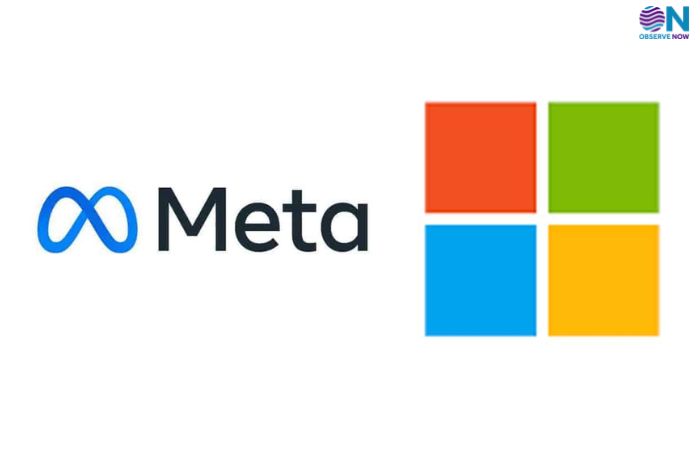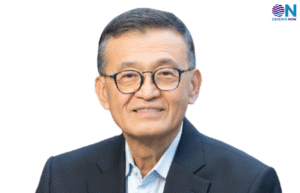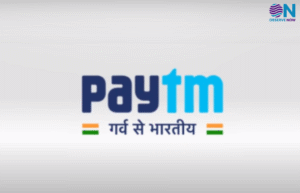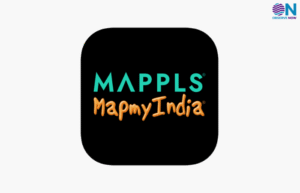Meta and Microsoft Intensify AI Talent Hunt by Poaching DeepMind Experts

Tech giants Meta and Microsoft are escalating their battle for AI supremacy, securing top-tier talent from Google DeepMind as they race to deepen their artificial intelligence capabilities. In the latest advance of this escalating war, both firms have onboarded several high-profile researchers from DeepMind, underscoring the fierce competition to lead advancements in machine learning, language models, and next-generation AI systems.
Meta has reportedly welcomed three additional DeepMind researchers into its newly established Superintelligence Labs, a division launched by CEO Mark Zuckerberg amid a broader effort to regain footing after the lukewarm reception of its previous model, Llama 4. Alongside recruits from OpenAI and Anthropic, these hires represent the company’s relentless push to catch up with industry leaders in foundational AI research. Meta’s aggressive recruitment reportedly includes compensation packages running into tens of millions of dollars.
At Microsoft, a sweeping hiring strategy has brought in more than 20 AI professionals from DeepMind. Among them is Amar Subramanya, former engineering lead on the Gemini chatbot, now serving as Microsoft’s corporate vice president for AI—a strategic hire that aligns with Microsoft’s ambition to leverage DeepMind expertise following the acquisition of Inflection AI, co-founded by Mustafa Suleyman. This talent influx is central to Microsoft’s goal of accelerating innovation in Copilot, Bing, Edge, and broader enterprise AI services.
This wave of recruitment reflects a high-stakes shift in strategy: AI capability is increasingly determined by the technical depth and vision of research teams. Talent is scarce—thought leaders estimate that only a few thousand researchers globally possess the expertise required to build advanced AI tools. As a result, technology leaders see elite scientists not just as employees but as strategic assets whose departure can reshape market dynamics.
Meta’s Superintelligence Labs aims to centralize its artificial intelligence R&D, bringing together product teams, FAIR research units, and core model builders under one roof. Early signees include industry luminaries such as Alexandr Wang (Scale AI), Nat Friedman (former GitHub CEO), Daniel Gross (Safe Superintelligence), and Ruoming Pang (Apple). These individuals bring deep experience in scaling AI systems, reinforcing Meta’s ambition to lead the next-generation AI stack.
On the other side, Microsoft’s AI arm, led by Suleyman, brings with it a wave of DeepMind talent who previously contributed to innovations like Audio Overviews and autonomous agents. These hires are expected to drive enhancements in Microsoft Copilot’s reasoning, multimodality, and enterprise integration. The creation of a London AI hub underlines Microsoft’s intent to globalize its R&D efforts while challenging DeepMind’s influence in its London stronghold.
Meta and Microsoft’s staffing strategies spotlight larger debates in the AI world about how to balance compensation, compute infrastructure, and research autonomy. Meta has reportedly dangled signing bonuses of up to $100 million for some hires—though critics like OpenAI CEO Sam Altman argue that such approaches are more about dominance than genuine innovation. Microsoft, in contrast, appears to focus on integrating research functions within existing business products and structures.
Looking ahead, the competition to secure AI talent is likely to escalate, with compute capacity, platforms, and vision increasingly forming the battleground. As both companies build out advanced AI divisions, the decisions made today—about talent, infrastructure, and research strategy—may determine who leads the next wave of artificial general intelligence.
















